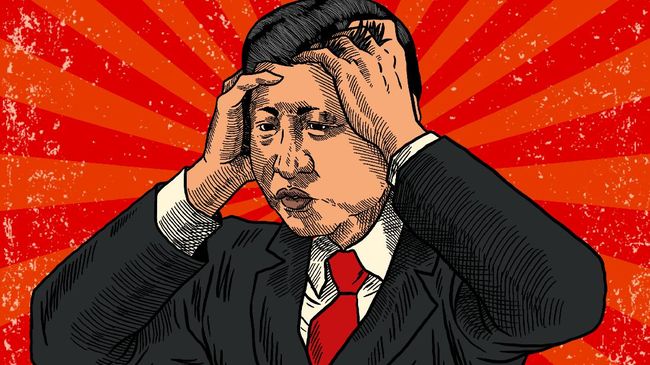In a stunning development that has grabbed global attention, over 2 million people in China have reportedly gone missing or become untraceable within recent years. This alarming statistic is not just a bureaucratic error—it signals a deeper, systemic crisis that is rapidly unfolding beneath the surface of the world’s second-largest economy.
From economic instability to tightening authoritarian controls, the disappearance of such a vast number of people raises questions about civil liberties, data transparency, and national stability. As more reports emerge, the pressure on Chinese authorities is mounting both domestically and internationally.
🧩 Who Are the Missing Millions?
While the term “missing” may sound ambiguous, local and international human rights organizations suggest that the figure includes:
- Political dissidents
- Victims of human trafficking
- Residents of ethnic minority regions
- Individuals in financial or legal distress
- People unaccounted for due to internal migration issues
Many of these individuals may have fallen through the cracks of China’s vast surveillance and population monitoring systems—systems that are usually lauded for their precision and control. This raises the possibility that the disappearance of so many people may not be accidental, but rather a consequence of deeper societal and political issues.
📉 The Link to Economic Decline
Notably, the missing persons crisis is unfolding alongside China’s economic slowdown. Youth unemployment has spiked, small businesses are struggling to survive, and foreign investment is retreating. In such a context, social unrest becomes more likely, and with it, tighter government crackdowns.
Some analysts argue that forced disappearances or detentions may be part of an unofficial effort to silence dissent, reduce public protest, or control regional instability. In other cases, people simply vanish from the official data because of undocumented migration or lack of digital access—especially in rural areas.








